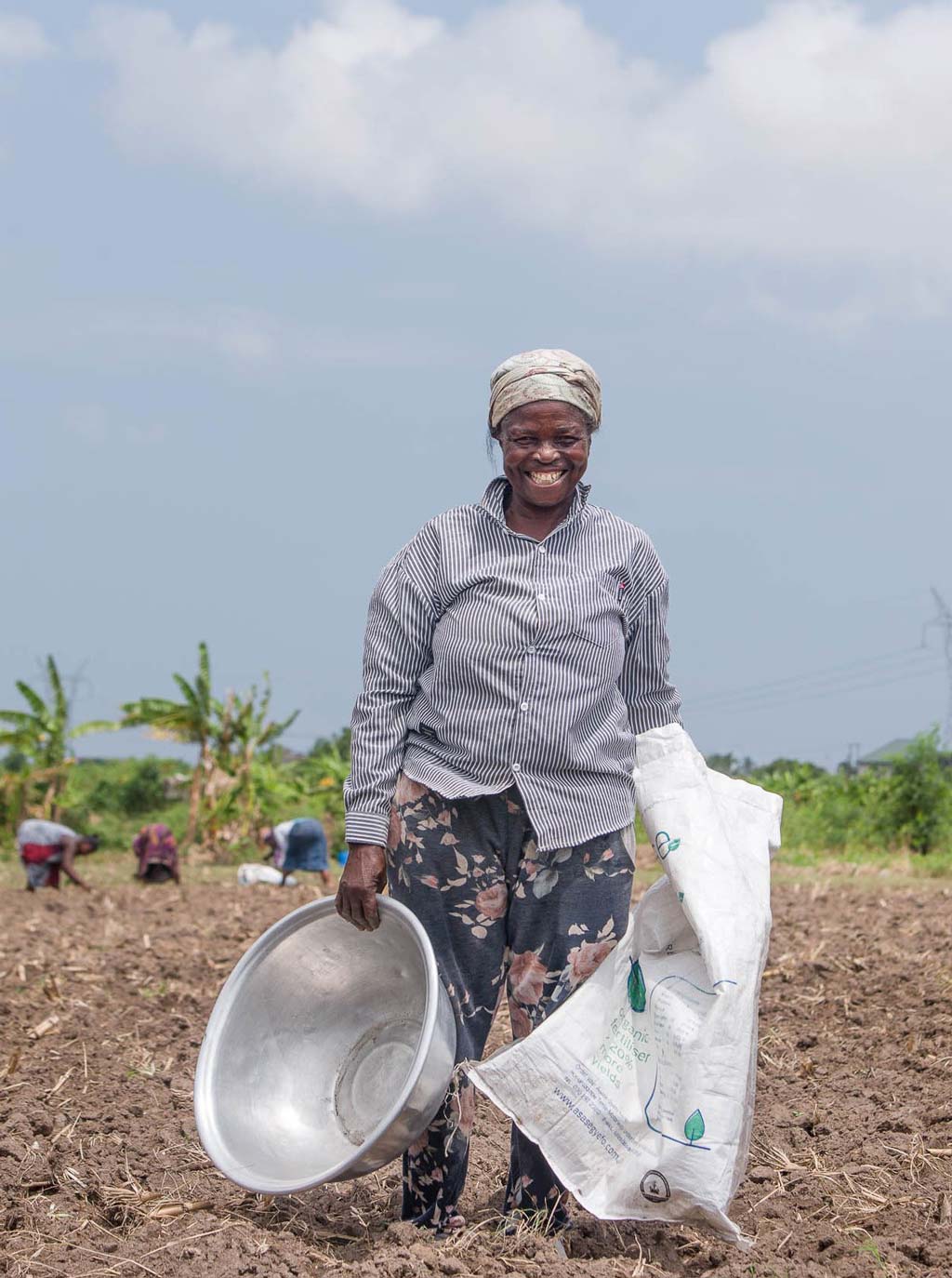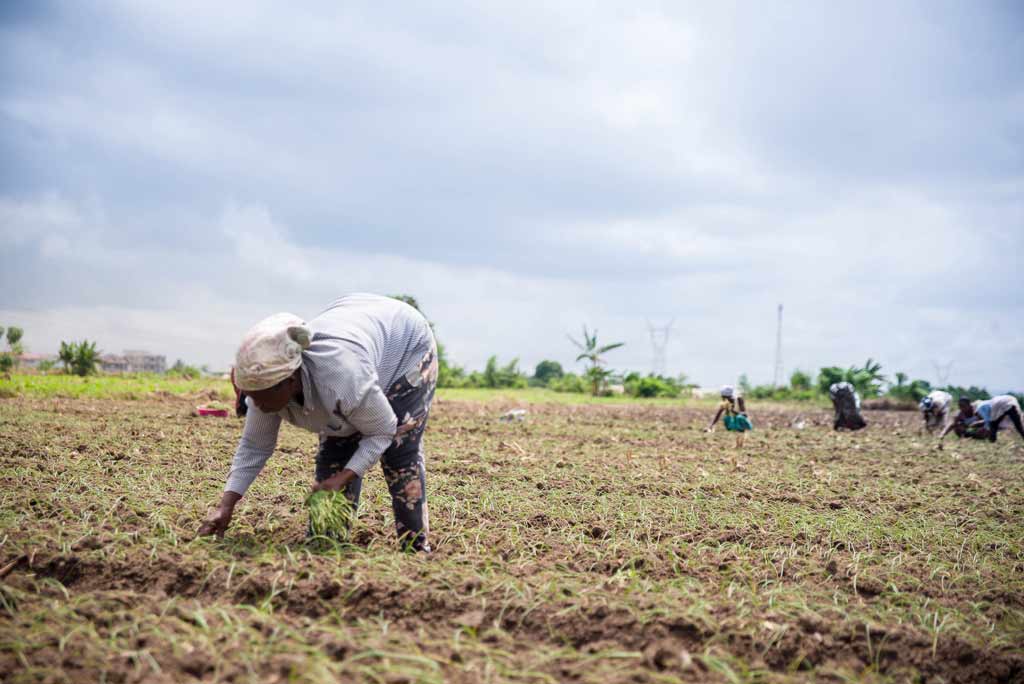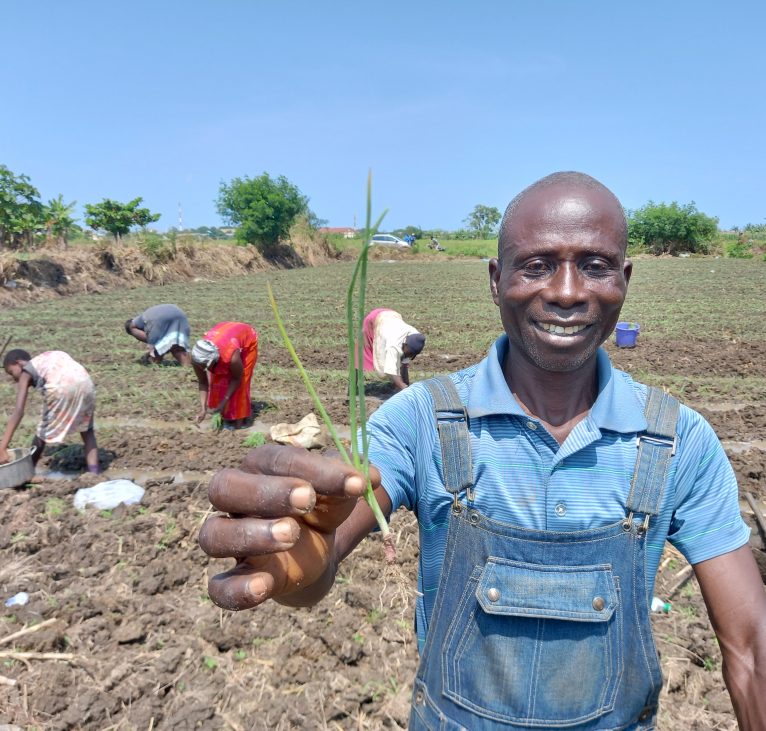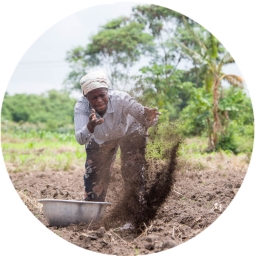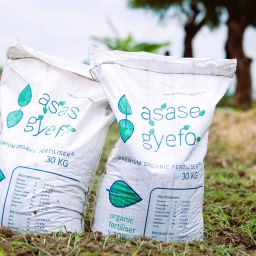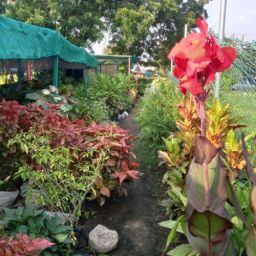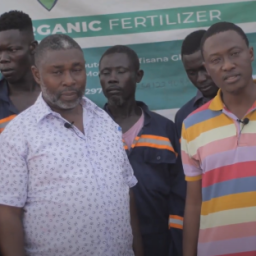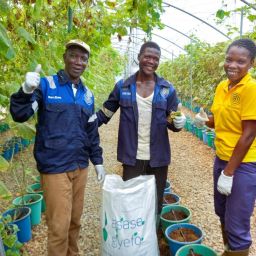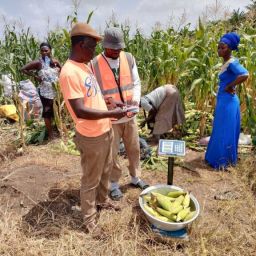Accra, July 2022
With the prices of chemical fertiliser currently being at a record high, due to scarcity of key nutrient elements and unprecedented global price increase in oil and gas, organic fertiliser is rapidly becoming an affordable and competitive alternative to chemical fertiliser. Due to the disruptions in the fertiliser market, many African farmers are looking into shifting to affordable alternatives such as organic fertiliser. Safisana Ghana Ltd., the producer of Asase Gyefo, has recently doubled its production of organic fertiliser to meet the local market demands.
The Minister of Food and Agriculture of Ghana, Hon. Owusu Afriyie Akoto, recently urged smallholder farmers to use organic fertiliser in crop production in the wake of the global fertiliser shortage. In an article on Ghanaweb.com he states: “We at the Ministry have a strategy to at least alleviate the full impact of what is happening, which is to encourage farmers to apply organic fertiliser.”
Over the last few months, the chemical fertiliser industry, one of the biggest gas-consuming industries worldwide, is severely under pressure due to price increases in oil and gas, and the growing scarcity of key ingredients and nutrients such as Ammonia (for nitrogen), Phosphoric acid (for phosphorus) and Potash (for potassium). In March, this situation was further exacerbated by the war in Ukraine, since Russia and Ukraine, both major exporters of fertilisers in the world, have banned fertiliser exports.
Whereas inorganic fertiliser depends on the use of natural gas and the mining of nutrients such as phosphorus that will be exhausted by the end of this century at the current pace of extraction – the production of organic fertiliser is based on the concept of recycling, reuse and recovery of nutrients and goes without the use of natural gas, Kofi Boateng, Senior Manager of Safisana Ghana explains: “We collect waste from the local food markets and local industries and use it as a resource for the production of organic fertiliser. Key ingredients and nutrients such as nitrogen, phosphorus and potassium, are recovered and reused from the waste through a process of composting. The result is a highly nutritive premium organic fertiliser which is good for the soil quality, the plants and the planet.”
In a comparative study, conducted in the Department of Crop Science, University of Ghana, by Dr Naalamle Amissah’s research group it was concluded that the use of Asase Gyefo Premium organic fertiliser can lead up to a 20 percent increase in yields. “This is due to the fact that instead of exhausting the soil, like chemical fertilisers do, the organic fertiliser feeds the soil in such way that there is no time needed in between harvest for the land to rest or replenish”, Kofi Boateng explains. “Also, due to its high nutrient value, containing double amounts of Nitrogen and Phosphorus and Potassium, our organic fertiliser just makes fruits and vegetables grow faster. We should change towards circular food production models in order to prevent the planet from exhaustion.”
- One bag of Asase Gyefo is 10 times less expensive than chemical fertilizer
- You need much less of Asase Gyefo because the nutrients stay in the soil for long
- You don’t need to buy nutrients separately, because Asase Gyefo contains all the nutrients needed for plant growth in one bag


